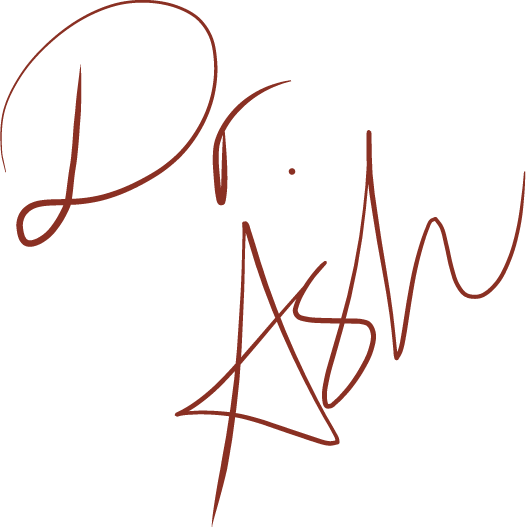https://www.flickr.com/photos/ash-bash/2095516159/in/dateposted-public/lightbox/
I’m taking part in Writing 101: Finding Everyday Inspiration for the month of September and in October, I will be taking part in Blogging University’s Writing 201: Poetry. I’ve managed to get some posts hammered out for Writing 101 and I’m really looking forward to the poetry course.
Our assignment for Writing 101 today was to use our blog stats as a guide for writing. I wrote a post a while back about Poeticizing Science and it got quite a few hits. I imagine part of that was because I tweeted about the post, but I’d like to talk about poetry anyway It’s a genre I’ve always loved reading and writing.
The mental gymnastics of interpreting and appreciating poetry requires the processing of language, music, emotions, imagery. To those who enjoy poetry, experiencing poetry is not just cognitive, it’s an emotional experience as well. While a lot of work has gone into studying the neuroasthetics of many forms of artistic expression, literary arts are behind in the field.
Scientists can determine and compare people’s brain activity during different tasks using functional magnetic resonance imaging (fMRI). Processing written text will stimulated the areas of the brain responsible for reading (the “reading network”). That’s a given. But apparently when we read something emotionally charged, we also get a lot of activity in the areas of the brain that respond to music. For example, reading a riveting passage of fiction will stimulate the musical parts of the brain in the right hemisphere more than reading the instructions for your cell phone would.
When I first moved in with my partner, I printed out a bunch of passages I loved and hung them up in the living room as wall art. I had “Life doesn’t frighten me at all”, “Rain at La Minerve”, “The Cinnamon Peeler”, “The Tiger”. It was great. I loved standing in the living room and reading them every so often.
Interestingly, when reading poems you love, your brain will not only activate in the “reading network” but in areas associated with introspection and memory. The latter suggests that reading a beloved passage can be like a form or recollection.
What are some of your favourite poems. How do they make you feel? Do you get a shiver down your spine at certain passages? The way the words are arranged? Feel free to share in the comments below.
Cheers,
Resources:
University of Exeter. (2013, October 9). Poetry is like music to the mind, functional magnetic resonance imaging reveals. ScienceDaily. Retrieved September 28, 2015 from www.sciencedaily.com/releases/2013/10/131009125959.htm
Burke, M. (2015). The neuroaesthetics of prose fiction: pitfalls, parameters and prospects. Frontiers in human neuroscience, 9.
Jacobs, A. M. (2015). Neurocognitive poetics: methods and models for investigating the neuronal and cognitive-affective bases of literature reception.Frontiers in human neuroscience, 9.


2 Comments
Jacqueline Oby-Ikocha
September 29, 2015 at 8:51 amReading a loved article is really a way of form of recollection, relaxation and affirmation.
Susan Rushton
September 29, 2015 at 9:24 amI do have lots of favourite poems and re-reading just makes them better (much like a well-loved song you can hear over and over again). I don’t think I’m finding out more, just enjoying the experience each time – internalising them, if that makes sense.